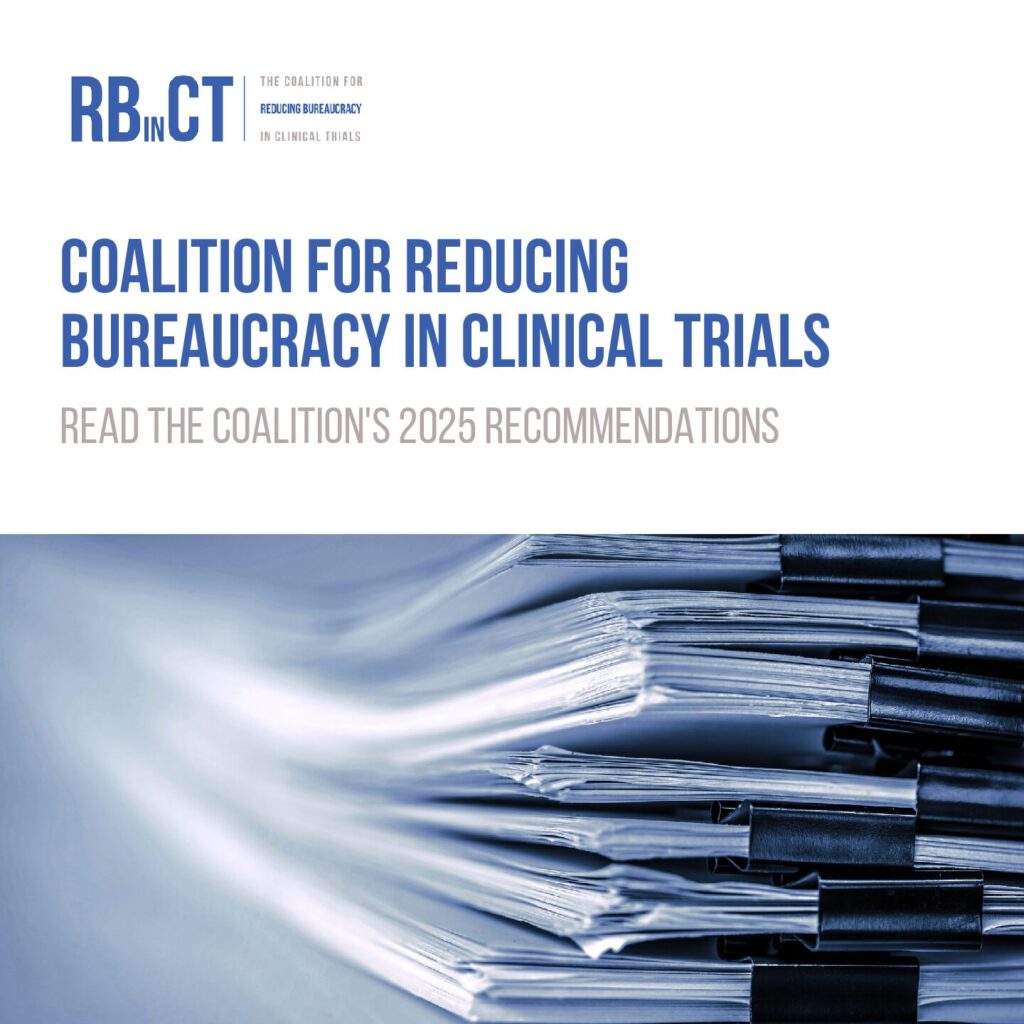Share this Page:
A recent phase 2 study, published in the New England Journal of Medicine, has shown that a combination of an immunotherapy called bevacizumab and a TKI called erlotinib was highly effective in an hereditary form of papillary kidney cancer, called hereditary leiomyomatosis renal cell carcinoma (HLRCC)-associated papillary RCC.
Nearly three quarters of patients responded to treatment with improved survival outcomes. The time to when the treatment stopped working and the cancer started growing again (progression-free survival) was nearly 2 years and overall survival time was more than three and a half years.
In patients with non-hereditary (sporadic) papillary RCC, the combination therapy demonstrated moderate efficacy: slightly more than a third of patients responded to treatment and survival times were shorter compared to the HLRCC cases. Progression-free survival was nearly 9 months for this group of patients, and overall survival time was a year and a half.
“This study showed that the combination of bevacizumab and erlotinib was highly active in advanced HLRCC-associated papillary renal cell carcinoma and was approximately half as effective in sporadic papillary renal cell carcinoma,” said the researchers from America. “Although a single-group study, this report describes a large and comprehensive evaluation of a systemic therapy approach in patients with advanced HLRCC-associated papillary RCC. The ability to conduct randomised, controlled studies in this patient population is limited by both the rarity of this entity and the lack of a suitable comparator.”
All patients reported at least one treatment-related side effect, and half of the patients had a severe or life-threatening side effect. The most common side effects were rash, diarrhoea, and protein in the urine.
High blood pressure was the most common severe or life-threatening side effect, occurring in about a third of patients. Dose reductions were largely limited to erlotinib, and occurred in a little over a quarter of patients.













